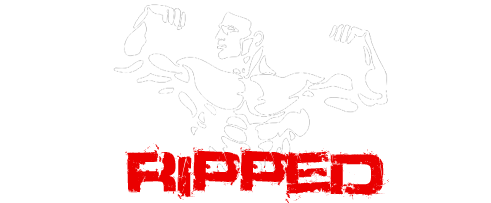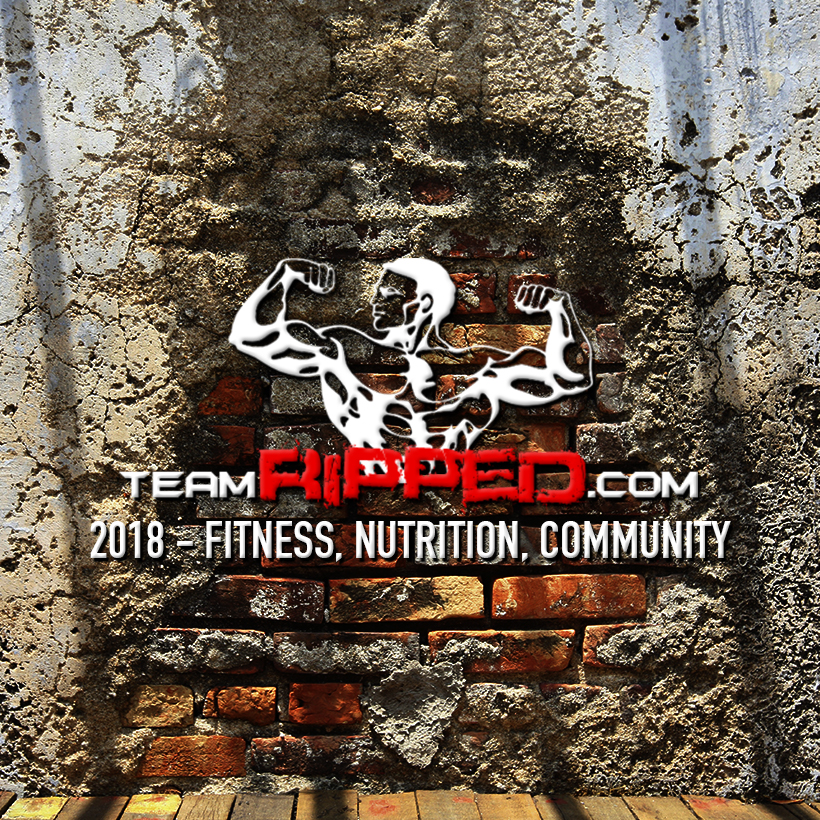Okay, okay, BACK by popular demand (and since people ask me questions about creatine every day) I have finally decided to put some of the research points together for you into one article. This is a little technical, but I tried to make it as brief as possible and still get the necessary info to you.
Creatine. I use it. I like it. Many aren’t sure about whether or not they want to try it, and if they do want to try it, many don’t know how to implement it into their routine — amount, timing, cycling, etc. Let me give you a lesson on creatine and help clear up some of the confusion surrounding this muscle-building supplement.
First, what exactly is creatine? Creatine is a dietary supplement that athletes and many bodybuilders use to increase high intensity exercise performance, increase strength, have fuller looking muscles, increase body mass and have faster post workout muscle recovery. Creatine is a natural substance found in our muscle cells. It is made of 3 amino acids – methionine, arginine, and glycine. Our livers make creatine naturally, but we also get it from our diet. And of course we can get it in the form of supplements.
The main food sources of creatine are fish and red meat. Half a pound of raw meat provides about 1g of creatine for the body. However, the amount of creatine we get from foods is much less than the amount needed to yield the maximum beneficial effect. Because of this, it is much more convenient to simply consume creatine as a supplement, otherwise you’d end up having to eat a ton of meat each day.
So, what are the benefits of creatine? There are many benefits of creatine supplementation. Basically, creatine increases the amount of energy your muscles have. While it is used as a muscle building supplement, it doesn’t just magically “build muscle.” It works like this = Creatine will increase the energy your muscles have. This will increase the amount of work they will be able to do. The more work your muscles can do, the more weight you’ll be able to lift and the more reps you’ll be able to lift them for. It’s THIS that leads to muscle being built. In fact, working out and following the nutrition plan 100% are the only thing that actually builds muscle. A creatine supplement just helps this process along. It also serves to “volumize” your muscles, by helping them retain fluid. This facilitates a more efficient transmission of proteins and nutrients into the muscles for repair and recovery (and is also why people report gaining a couple pounds when they start creatine — you can think of it as “retaining water” so to speak).
How much creatine should I take? You will hear different amounts as a suggested daily dose, ranging from 5-15 grams. It depends on your size. I have settled on a daily dose of 10 grams, divided into a morning dose and an evening dose of 5 grams each. This may be a tad on the high side, as many studies will suggest an average size person take 5g per day total. If you are a big guy like me, you may want to go closer to 10 grams, but if you are small or medium build, you should stay closer to the 5g total. I realize that when I take a pre-workout, there is creatine in it as well, which gives me an additional 3 grams of creatine on the days I take a pre-workout. But I don’t change my supplementation to account for it. I simply get more creatine on those days. (For the potential side effects of excess creatine, I cover that in just a minute).
How and when should I take creatine? I like to take my creatine doses 2 times per day, with a shake each time. You will read some studies showing that taking creatine with a high glycemic index fluid (like grape juice) speeds its absorption, but honestly, I would rather do without the extra calories of the grape juice, so I just add it to my shake. If you’ve got the calories to spare in your nutrition plan, go ahead and use the grape juice. I have never noticed any poorer results with using creatine without a sugar source. Mixing it in a protein shake still works great.
Do I need a loading phase? Some recommend loading with a high dose of creatine (20g per day) for the first week to saturate the muscles. Then back down to a maintenance dose. I loaded the first cycle of creatine that I did. For the second cycle, I decided not to do a loading phase. Honestly, I couldn’t tell a difference. I just take creatine daily now. Your results may vary, but at least this gives you a starting point!
Do I need to cycle creatine? There are mixed answers here, but there is a larger body of research showing you don’t really need to cycle creatine. It is so safe and so researched. From the editors at Examine.com:
I honestly see no reason why somebody shouldn’t supplement creatine, nor do I see any logical basis for the seeming ‘fear’ of this compound in society.
It’s safe, it’s healthy, it’s cheap, and for most people, it just works. Get some Creatine Monohydrate, take 5g a day, and you’re good to go.
If humans didn’t make any in the body, this thing would be a vitamin. There do exist deficiency symptoms that result in mental retardation. [2] They’re rare, but they pretty much establish the importance of this molecule as a vitamin-like compound.
And I’m sure you want to know, what are the side effects of creatine supplementation? Creatine supplements have been around now for quite a while (since the mid 90’s) and they have been studied quite a bit. The results of all of these studies are pretty much exactly the same… creatine is safe for the average healthy adult. What that means is, if you already have some sort of preexisting health problem (like some type of actual medical kidney issue, for example), creatine may not be safe for you and you should definitely check with your doctor before taking it. However, in the typical healthy adult (male or female), there have been no studies that have shown any significant side effects. Of course, some very mild creatine side effects have been reported. Specifically, upset stomachs and muscle cramps. The thing is, these side effects are caused by improper creatine use and can easily be avoided. The 2 biggest causes of these side effects are not drinking enough water, and just taking too much creatine.
So in conclusion, creatine should be thought of more like a vitamin than a steroid or hormone. Creatine is an amino acid that really works. This distinction is important since steroids have serious side effects which can harm the body, unlike creatine. But it isn’t for everyone. Study the literature. Check out Examine.com too. Evalutate whether or not you want to try it. And if you have questions, feel free to ask me!
Need a coach?
This is what I do. I help people get results and use my experience and the experience of thousands of teamRIPPED members to do it. I have been there and done it! My help costs you $0... NOTHING! So try me. Send me and email or message me on Facebook. I am here to help! All you have to do is sign up below and you will be part of teamRIPPED!My email: coachwayne@teamripped.com
IG: @wayne_wyatt









